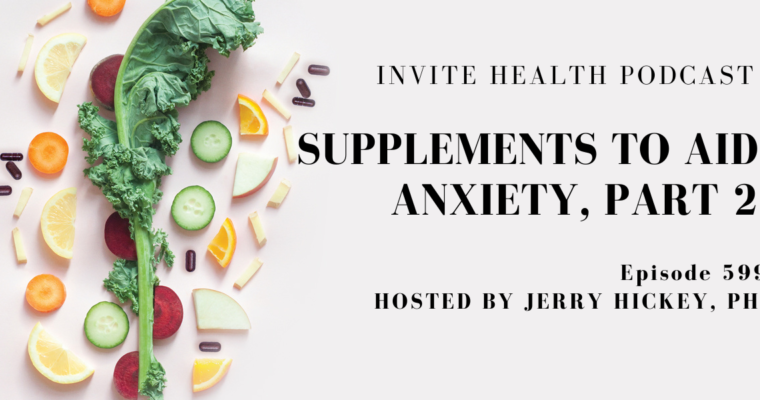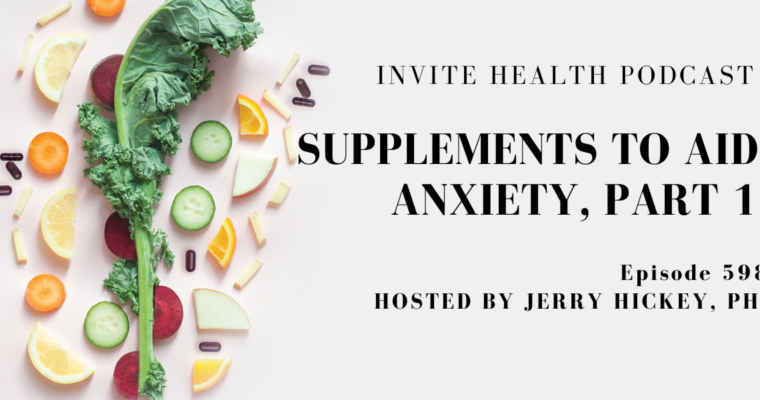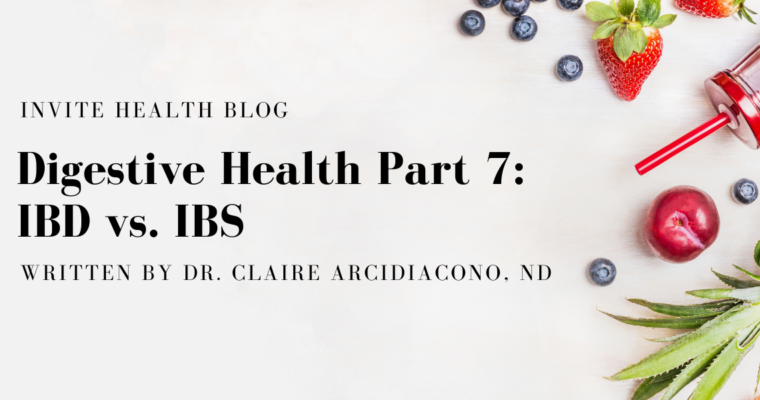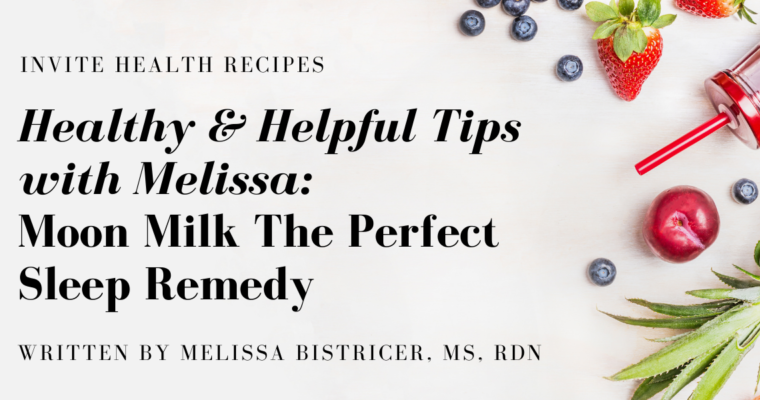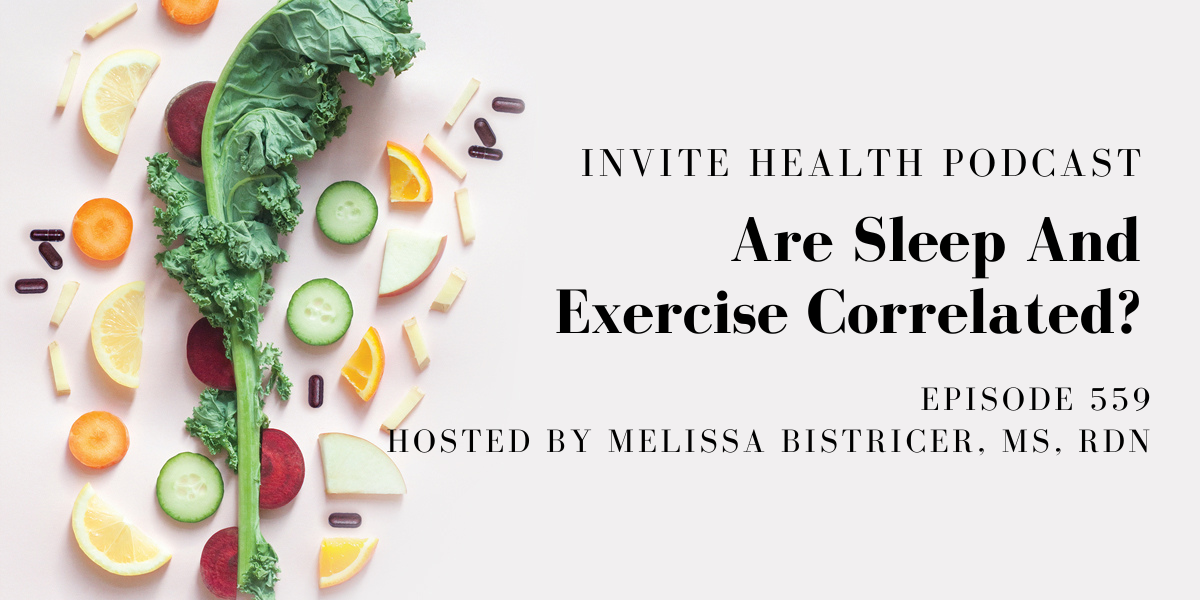Exercise
Subscribe Today!
Please see below for a complete transcript of this episode.
Are Sleep And Exercise Correlated? – InViteⓇ Health Podcast, Episode 559
Hosted by Melissa Bistricer, MS, RDN
*Intro music*
InViteⓇ Health Podcast Intro: Welcome to the InViteⓇ Health Podcast, where our degreed healthcare professionals are excited to offer you the most important health and wellness information you need to make informed choices about your health. You can learn more about the products discussed in each of these episodes and all that InViteⓇ Health has to offer at www.invitehealth.com/podcast. First time customers can use promo code PODCAST at checkout for an additional 15% off your first purchase. Let’s get started!†
*Intro music*
Melissa Bistricer, MS, RDN: [00:00:39] Hello and welcome back to another podcast here at InViteⓇ Health. Sleep, something so many of us struggle with. Is it behavioral? Is it lifestyle? Is it diet related? There are so many factors that play a role in getting a good night’s sleep, but one specific one I want to focus on today is sleep in relation to exercise. Exercise has been seen to have so many benefits, like being able to reduce the risks of diseases such as cancer or diabetes, improving physical function and enhancing our quality of life. But first, nutrition, food for thought: sufficient sleep, exercise, healthy food, relationships and peace of mind are necessities, not luxuries.† [00:01:22]
[00:01:23] My name is Melissa Bistricer and I am a registered dietitian. I am so excited to bring to you the nutritional aspect of nutrients here at InViteⓇ Health. InViteⓇ Health promotes an integrative approach in providing vitamins into your daily life to increase your quality of life. In conjunction with nutrients it is also important to learn and include other lifestyle modifications like nutrition, exercise and sleep. These practices with the use of vitamins will promote optimal benefits in your daily life.† [00:01:51]
[00:01:53] Now let’s get talking about sleep and exercise. According to the CDC, one in every three adult in America do not get enough sleep on a regular basis. And the American Academy of Sleep, Medicine and Sleep Research Society, the recommendation for sleep for adults aged 18 to 60 years old is to sleep approximately 7 hours each night to promote optimal health and well-being. Research suggests that individuals who sleep less than 7 hours a day have an increased risk for developing chronic conditions such as obesity, diabetes, high blood pressure, heart disease, stroke and frequent mental distresses. So how can we change that not being able to sleep for people? † [00:02:34]
IS SLEEP MORE IMPORTANT THAN NUTRITION AND EXERCISE? >> Read Now!
[00:02:35] Research suggests that sleep and exercise have a strong connection when someone who participates in moderate to vigorous exercise is shown to help increase their quality and time it takes them to fall asleep. Moderate, vigorous exercise as can be, walking briskly, dancing, jogging, running, or even gardening. Moderate aerobic exercise increases the amount of slowing waves in your brain to get sleep. When the wave function is slow that is referring to a deeper sleep where the brain and body are fully able to rejuvenate. Exercise also helps the benefit of being able to stabilize your mood and decompress the mind, which is a cognitive process that is important to transition the body to sleep. Yes, you heard me correctly. Exercise can help prevent the amount of time you lie aimlessly in bed at night counting sheep. † [00:03:24]
[00:03:26] Though the time of exercise may matter, some people who exercise closer to bedtime have seen an impact on them staying awake longer at night. So how does working out affect the mind? Aerobic exercise is like swimming, cycling, walking, rolling or elliptical causes the body to release endorphins. These chemicals essentially are creating a level of activity in the brain that keep someone awake. These people should exercise at least 1 to 2 hours before bed to give the endorphins enough time to be washed out and the brain time to wind down. Exercise also has the ability to raise your core body temperature. Imagine when you take a hot shower in the morning, it wakes yourself up. It’s the same idea. The elevation of our core temperature signals our body clock that it’s time to wake up. This takes about 30 to 90 minutes for the core body temperature to start to fall. The decline will help to facilitate sleepiness.† [00:04:19]

[00:04:20] Crazy enough exercise can also help to improve sleep in indirect ways as well. When someone participate in moderate to vigorous workouts that can decrease weight gain, ultimately decreasing the risk of obesity or being overweight, which is likely that they won’t experience obstructive sleep apnea. The specific psychology of sleep and exercise has not been completed. There are several studies that support the lack of sleep that has been associated with impaired cognitive performances, mood, glucose metabolism, appetite, regulation and immune function. Though the thought is, is that when we sleep that has an effect on the brain at an endocrine level to regulate hormones, metabolism and waste removal. Exercise has helped to improve fitness levels, changes in the body composition and sleep patterns. † [00:05:07]
[00:05:09] Sleep has a major impact on our overall health. It is essential to function in our day to day lives. During sleep, our body has the ability to process our memory, clear our brain metabolites, and restore our nerves, immune, skeletal and muscular systems. A poor night’s sleep can impact our bodily systems. Lack of sleep is also associated with with predisposed conditions such as cardiovascular disease, metabolic dysfunction, psychiatric disorders, or early mortality rate. Adequate sleep though is rare and research shows that 30% of employed adults sleep about 6 hours or fewer per night. Due to the low cost and the non-pharmacological treatment. Exercise has been the most accessible treatment to help disrupted sleep habits.† [00:05:53]
[00:05:55] A meta analysis has been shown that exercise training in a middle to older age adults has helped to improve the quality of sleep for these individuals. A common question: Does poor sleep have to do with physical inactivity? A study was done on a group of individuals who participated in physical activity with and without sleep disturbances. The study discovered that adults with poor sleeping habits were less active than those without sleeping complaints. The low activity level can be related to excess weight, low energy and high levels of fatigue and sleepiness. We can look at this at the flip side also, sleep can help to increase our ability to do more physical activity. The answer is yes, because when we sleep, we feel more rested and have more energy to feel less tired throughout the day. Increasing our active lifestyle and ability to exercise due to sleeping better at night.† [00:06:46]
[00:06:46] So how does exercise improve our sleep? Research has shown that physical activity again has helped to be more effective than more than some prescribed sleep medications. There are a couple of reasons, according to Cleveland Clinical. The first being daylight exposure can set your body’s clock. Exercise outside kills two birds with one stone you get exposure to light, which helps good sleeping and waking cycles and your more tired and relaxed from physical activity. Exercise can also help to relieve any stress or anxiety. † [00:07:16]
[00:07:17] So getting exposure can come in many different ways. Determine if you are affected by sleep deprivation due to behavioral choices, lifestyle choices, or diet choices. Many individuals have behavior issues impacting their sleep, such as shift work, smartphones or social networks being used during traditional sleep times. Also, another thing is that diet component that people tend to eat more during longer hours. They are awake without increasing physical activity. Some are too fatigued or tired to increase physical activity, which can actually end up helping their sleep cycle and improve their ability to participate in physical activity daily. Once you determine the issue at hand, you may want to be able to correct it with simply lifestyle modifications to help you have a more restful sleep.† [00:08:01]
NUTRIENTS FOR STRESS AND SLEEP SUPPORT – INVITE HEALTH PODCAST, EPISODE 507 >> Listen Now!
[00:08:01] So my advice is to assess where sleep deprivation is coming from and then fix that issue. You can also choose to add supplements like calcium, vitamin D, l-theanine or melatonin to help enhance your sleep. You can go check out the products sold at invitehealth.com and if you have any further questions, you can always chat with myself as a nutritionist or any of our other health care providers to assist you here at invitehealth.com or you can email me at [email protected] I am Melissa Bistricer, RDN ready to share the knowledge to help you modify your lifestyle to live a happier and more successful life. I’m looking forward to continuing to provide you with educational podcasts and blog posts. But again, nutrition, food for thought: sufficient sleep, exercise, healthy food, friendships and peace of mind are necessities, not luxuries. Have a great day and tune in for an next podcast coming your way soon. Don’t forget to follow us at invitehealth.com/podcast and remember to subscribe wherever you listen to podcasts.† [00:08:01]
*Exit Music*


